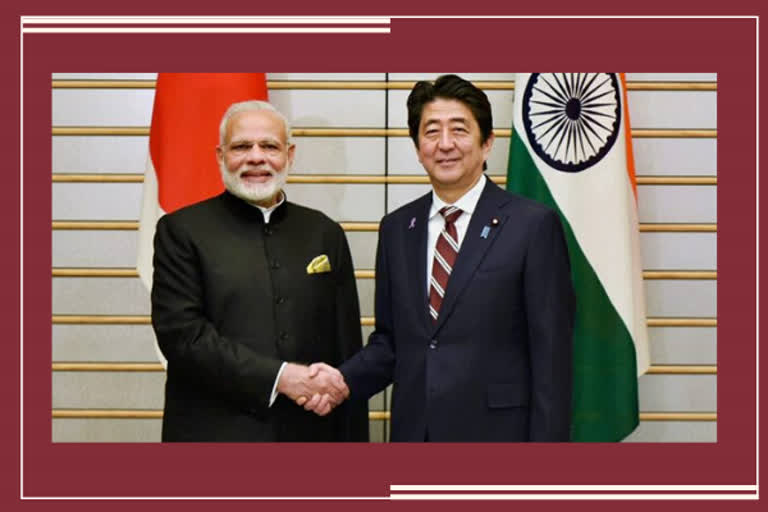New Delhi: Japan’s war on COVID-19 can be termed exemplary. It was one of the few non-Chinese countries overwhelmed by the pandemic. At one stage, Japan ranked 2nd among nations worst hit by coronavirus. Now at 36th, the journey towards containing the pandemic and controlling the number of cases is particularly interesting.
Foreign media representatives and international epidemiologists have failed to recognize Japan’s foolproof pandemic response. Some experts have even accused that the government has under reported the number of cases keeping in view the upcoming Tokyo Olympics. Japan’s low corona death toll should put an end to these accusations.
According to Kazuto Suzuki, professor of International Politics at Hokkaido University, Japan operated on a group-based policy model. This model was formulated on the basis of findings from studies of infectious diseases.
The model was first implemented on February 3, on the Diamond Princess cruise that entered the Yokohama port. In this method, each group was examined to identify the source of infection and keep it isolated from spreading the disease. This model does not mandate random coronavirus tests. This approach is likely to be successful if the number of infected people is low and the groups can be identified at an early stage. It is noteworthy that the government admitted to have prevented the contagion by adopting this model in the Hokkaido region, the first place to declare a state of emergency in Japan.
Nippon has also adopted a Three C model (which urges people to avoid) closed spaces with poor ventilation, crowded places with many people nearby and close-contact settings. These models along with social distancing norms are thought to have created a positive impact.
Though the pandemic is currently under control thanks to extensive measures, experts worldwide are worried about a second wave. But it is safe to assume that Japan has steered clear of the risk, owing to its advanced public healthcare, with 13 hospital beds per 1,000 population.
It is without a doubt that the current crisis will force the world to embrace many changes. Not only did India lead the world in dealing with the pandemic, but also focused on seizing the opportunities the crisis presented.
China is Japan’s biggest trade partner. With China shutting down its factories during the lockdown, Japanese manufacturers have been impacted. Japan began to analyze its overreliance on China and started funding its firms to shift production out of China. In fact, it is great news for India & Co. that Nippon has set aside USD 2.2 billion for this purpose. Since India and Japan have maintained great bilateral ties, we have the chance to get a major stake in this move.
The countries that will benefit the most from Japan’s move are India, Thailand, Vietnam and Bangladesh. In order to seize this opportunity, India needs to create a positive environment and improve its ease of doing business. The Japanese have different business etiquette and can be sensitive. It is no easy job to completely comprehend their culture. But with the right mindset and policies, we can expect great changes in Indo-Japanese relations in the post-COVID-19 world.
ALSO READ: PM Modi holds virtual summit with Aussie counterpart Scott Morrison



